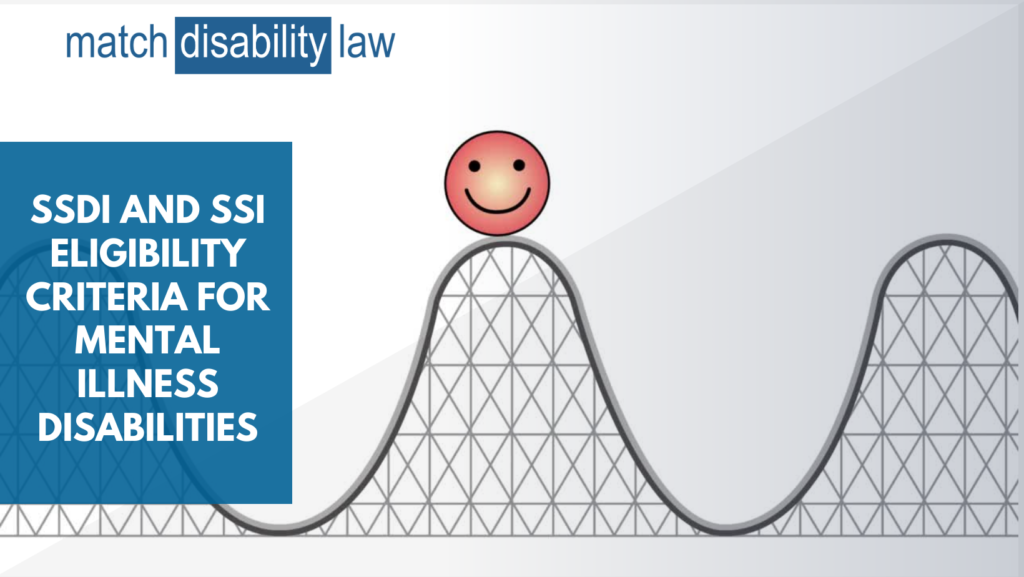To be eligible for Social Security Disability Insurance (SSDI) and Supplemental Security Income (SSI) benefits, you must meet certain criteria. The criteria for mental health conditions include having a diagnosis from an acceptable medical source, which can be a physician, psychologist, psychiatrist, or APRN. If you’re not seeing someone with these credentials, the Social Security Administration (SSA) will set up a meeting with one of their professionals. However, a diagnosis on its own is not enough; it must result in functional impairment.
11 Types of Mental Impairments
The SSA works with a set of regulations contained in the Code of Federal Regulations. It divides mental impairments into 11 types, including cognitive disorders, intellectual disorders, psychotic disorders, anxiety-related disorders, and autism disorders. Each of these types lists individual signs and symptoms, and to be considered disabled, you must have marked impairment in two of the following four domains: understanding, remembering and applying information, interacting with others, concentrating, persisting or maintaining pace, and adapting or managing oneself.
For more information about Mental Health disabilities as it relates to SSDI and SSI claims, here is a complete overview of this condition and the eligibility process.
Mental Health Disability Eligibility - Simplified Recap:
To be eligible for Social Security Disability benefits, you must have a diagnosis from an acceptable medical source, and the diagnosis must result in functional impairment. The SSA divides mental impairments into 11 types, and to be considered disabled, you must have marked impairment in two of the four domains.


